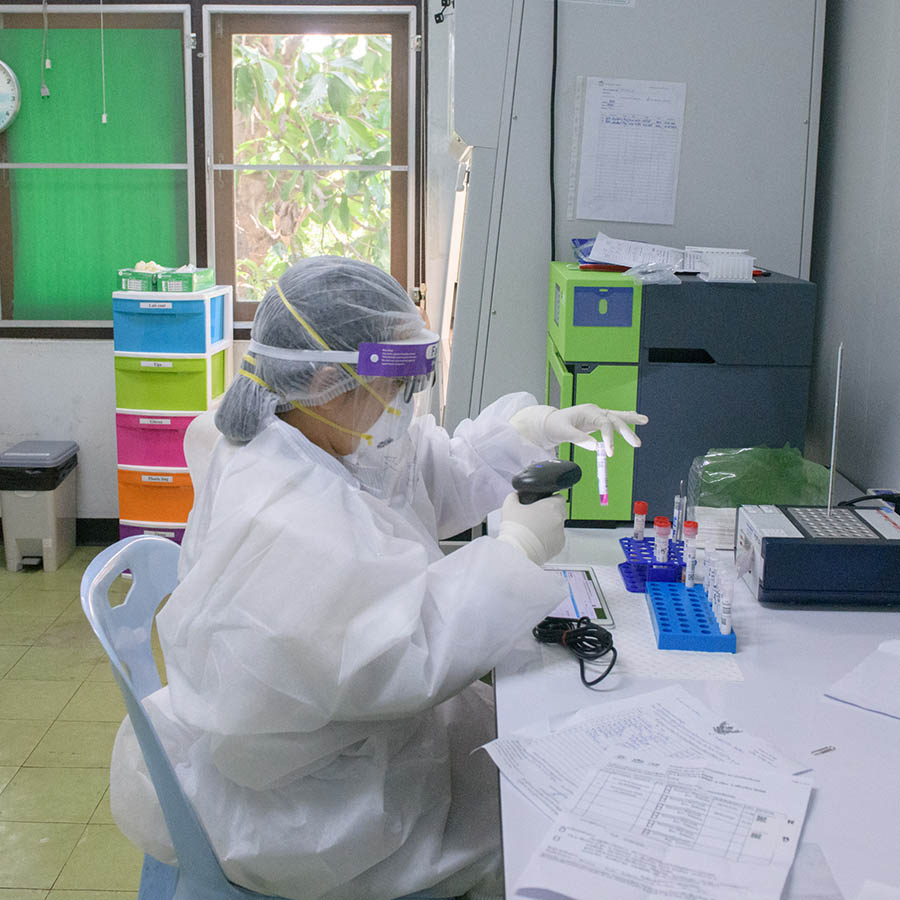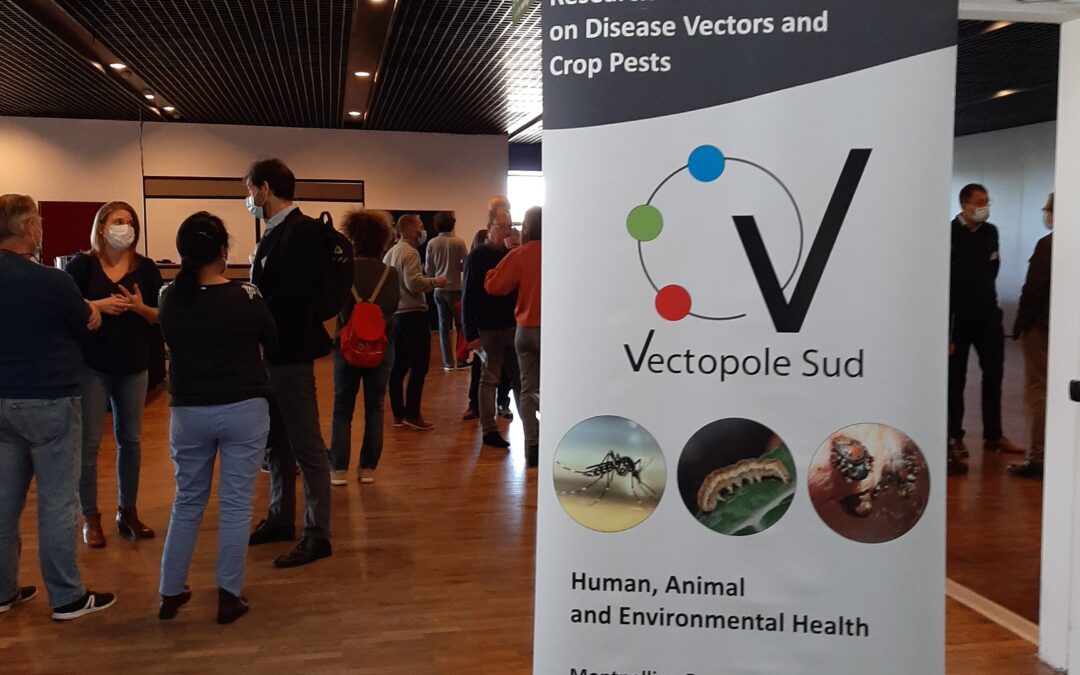Biology of viral infections: Emergence, Diffusion, Impact, Control, Elimination (EDIFICE)
From animals to humans: an ideal channel for viruses
Viral diseases still represent the greatest cause of death in humans today, and constitute a real obstacle to development. On one hand, new viral diseases are constantly appearing following transfer from animal sources, namely in tropical regions. On the other hand, despite the existing means of control, the burden of chronic viral diseases remains extensive. Finally, other diseases reappear following changes in the environment or in the balance between the pathogen and its host. The EDIFICE department offers multidisciplinary research from an interventional perspective based on improving knowledge of the appearance and spread of viral diseases in humans, the fight and prevention against epidemics, as well as the treatment of viral infections and their consequences.
research teams
permanent members
Keywords
Virus – arbovirus – coronavirus – COVID 19 – emergence – zoonosis – chronicity – resistance – control

Primary objectives:
To understand the emergence and spread of viral diseases affecting populations in tropical regions with a view to eliminating human-to-human transmission.
Specific objectives
- To understand how viruses are transmitted to humans from a non-human source
- To understand how viruses are spread within the human species
- To assess control methods that work to stop human-to-human transmission
- To understand and characterise the failures of control methods
- To understand and characterise the associated diseases (infectious or not) that result from the persistence of viral infections in humans
EDIFICE department news
“One Health, One World”: When Territories and Knowledge Unite Against Epidemics
How is Brazil addressing the growing threat of vector-borne diseases in a changing climate? In Brazil, the "One Health" approach — integrating human, animal and environmental health — is essential to tackle challenges such zoonoses and arboviroses. Our new film...
MINUTES VERTES MIVEGEC GROUPE 1 POINT 5
Vous trouverez à disposition les différentes diapositives présentées lors des séminaires MIVEGEC qui décrivent les actions menées par le groupe 1 point 5 sur les minutes vertes. Minutes vertes 2021 de Décembre à Mars. Minute Verte 06/01/2022-Bilan carbone MIVEGEC 2019...
Dengue : un virus très manipulateur
Les travaux de scientifiques français et singapouriens révèlent la surprenante influence du virus de la dengue sur le comportement des moustiques qui transmettent cette maladie aux humains. Explications de Julien Pompon ici.

Journée d’Animation Scientifique Vectopole Sud 06/12/2021
Le lundi 6 décembre 2021, le réseau Vectopole Sud organisera sa réunion annuelle au CORUM de Montpellier.La première partie de matinée sera consacrée au bilan de l’année et à des présentations sur quelques projets phares du réseau. La suite de la journée sera...

